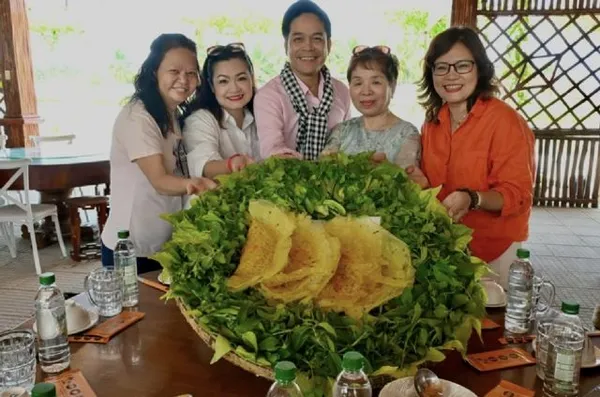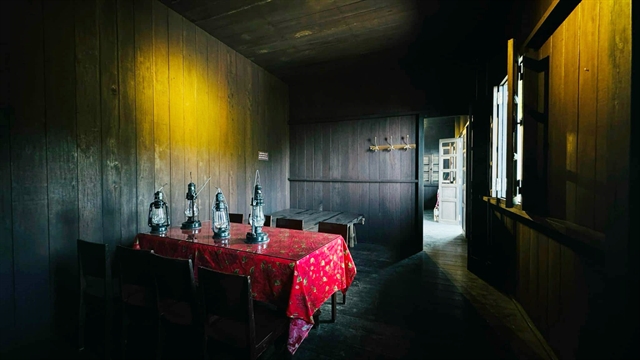 Travel
Travel

KHÁNH HOÀ – Arguably the most famous doctor in Việt Nam is being honoured with a new tourism trail.
Dr Yersin, who spent much of his working life here, is best remembered as the co-discoverer of the bacillus responsible for the bubonic plague and for creating an anti-serum, which was later named in his honour: Yersinia pestis.
He also founded the biggest medical school in Việt Nam in 1902, serving as its director for the first two years. The Hà Nội Medical University is now the largest medical school in Việt Nam.
The Khánh Hoà Travel Association has set up a tourism programme named Following in Doctor Yersin's footsteps - Hòn Bà Secret as part of a series of events during the Nha Trang Sea Tourism Festival.
 |
| Inside the house of Dr Yersin. Photo courtesy of Việt Promotion Group |
The tour passes through many of the locations once associated with the doctor's life, finishing at the doctor's home on Hòn Bà mountain. This is where Dr. Yersin built a small house as his first microbiology research and experiment facility in Việt Nam and where he worked for over fifty years.
Today, the dark brown wooden house has been restored to its original appearance. The first floor only displays pictures of Dr. Yersin, while the second floor is an office with old chairs, a bedroom and a reading room.
All artefacts on display are original, donated by the Yersin Admiration Association.
In addition, visitors also have the opportunity to go to Yersin Park, near Trần Phú Bridge to admire the scenery of the Cái River and Nha Trang Sea. Then visitors can come to the Yersin Museum, which is located in the Pasteur Institute, Nha Trang City Institute of Oceanography.
Nguyễn Phi Hồng Nguyên, Sales Director of Viet Promotion Tourism and Services Company - the tour organiser - said: "After two years of trials, in early June, the Provincial People's Committee decided to welcome tourists. We believe that it is a cultural tourism product introducing famous notable individuals of Khánh Hoà. We want it to become an indispensable option in tourists' journey to explore Nha Trang."
Visitors joining the journey will also be able to explore KONGFOREST -- the largest forest exploration tourist park in Việt Nam.
Nguyễn Văn Đào, Deputy Director of Kong Forest said: "Tourists can also visit the flora and fauna conservation in the area."
Alexandre Yersin was a French-Swiss scientist and physician who spent most of his life working in Vietnam during the first half of the 20th century. He made invaluable contributions as a microbiologist, bacteriologist, serial entrepreneur and public health administrator.
He was the founder and first Director of the Pasteur Institute Nha Trang (1895) and is also credited for introducing rubber trees to Việt Nam in 1897 and quinoa plants in 1917.
Dr Yersin's other achievements include plague anti-serum manufacturing companies he established in India and Việt Nam and the opening of an agricultural station that successfully acclimatised quinine for local consumption and rubber for export.
He discovered a Diphtheria toxin in 1888 and first surveyed the Lâm Viên plateau in 1893, which contributed to the establishment of the resort city of Đà Lạt.
Yersin is most respected and beloved by Vietnamese people for his professional work, but was also known for being a very modest doctor. He was the first person to be posthumously awarded the title of Honorary Vietnamese Citizen by the Vietnamese Government in 2013. VNS




